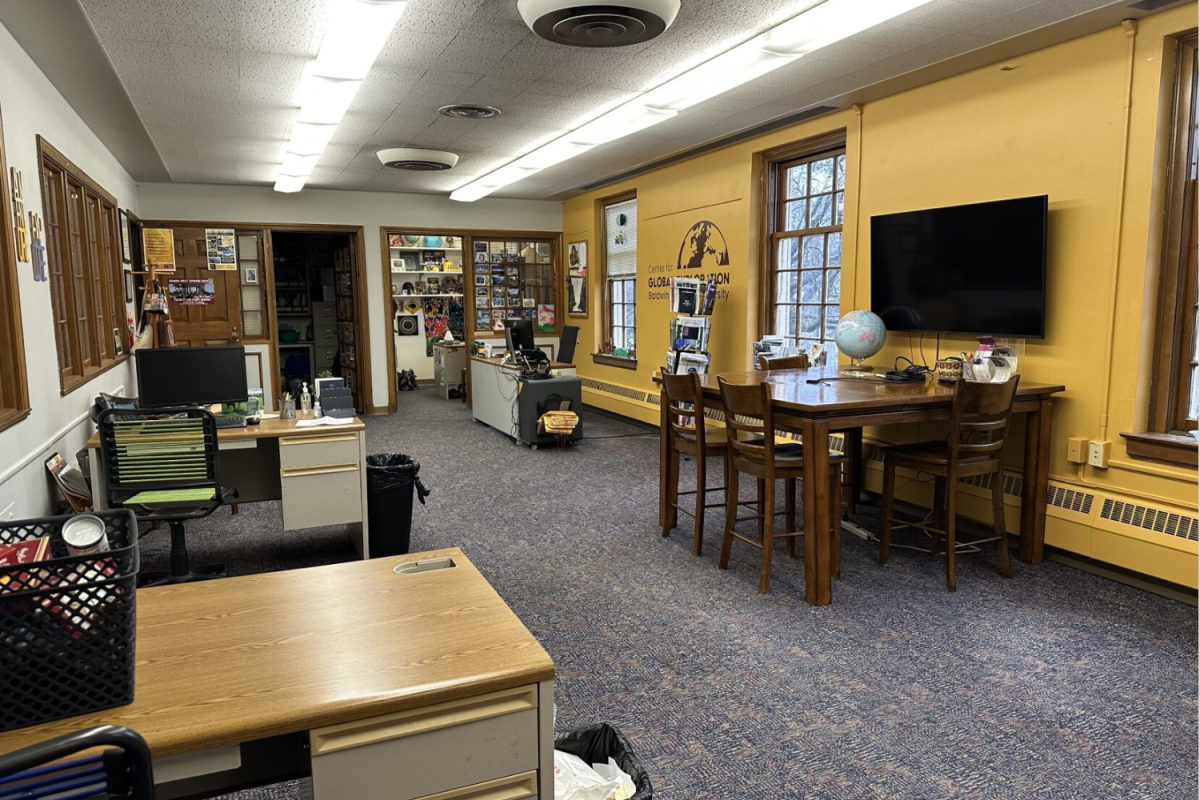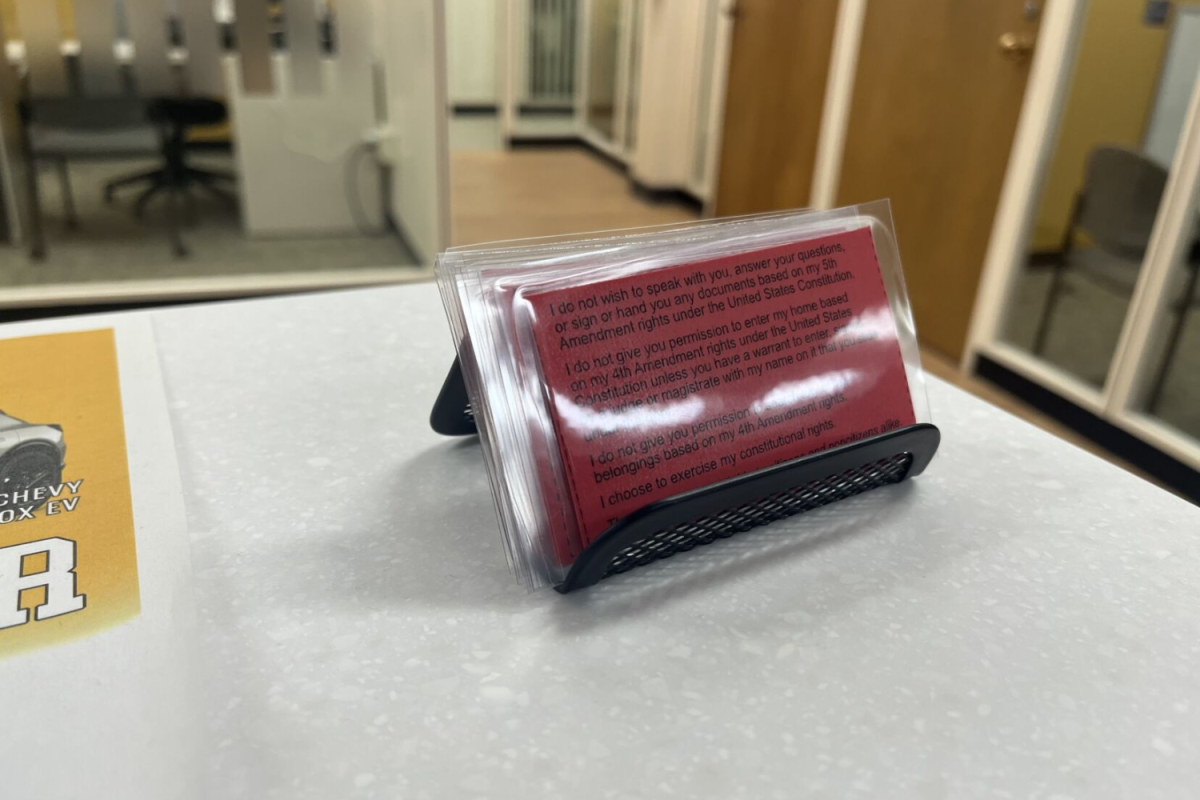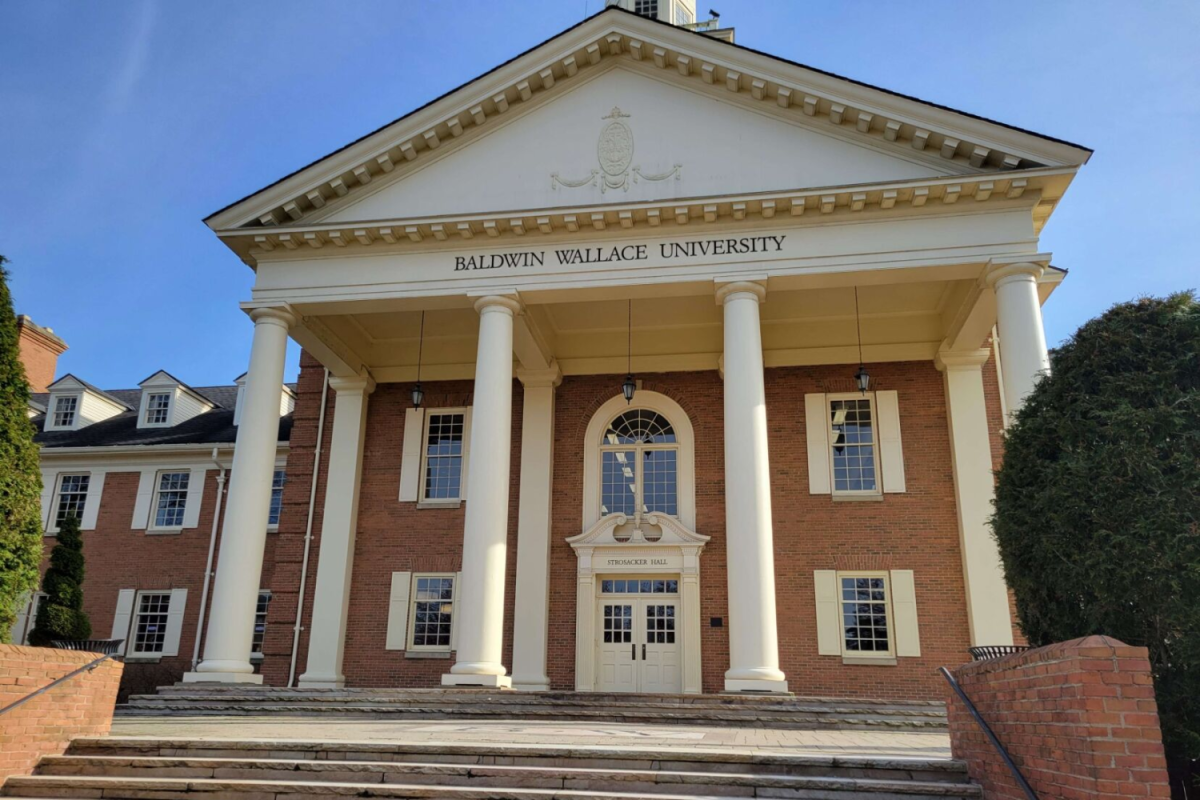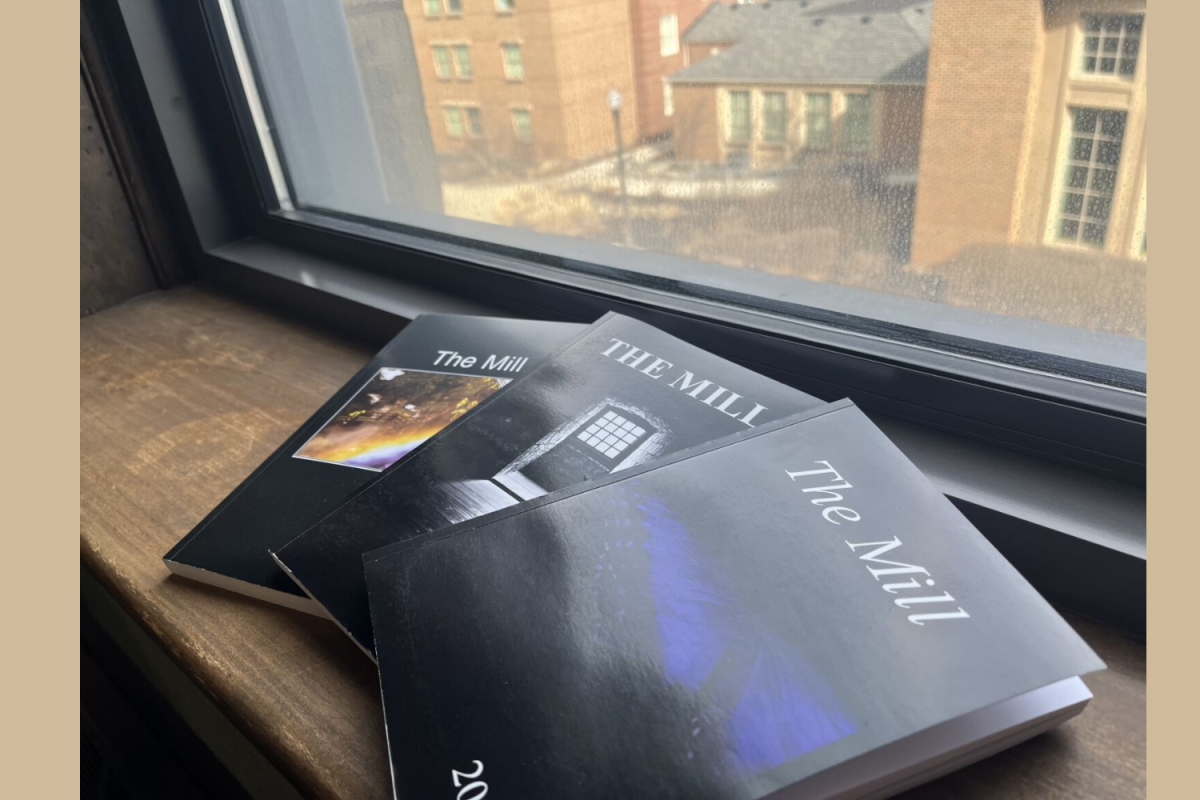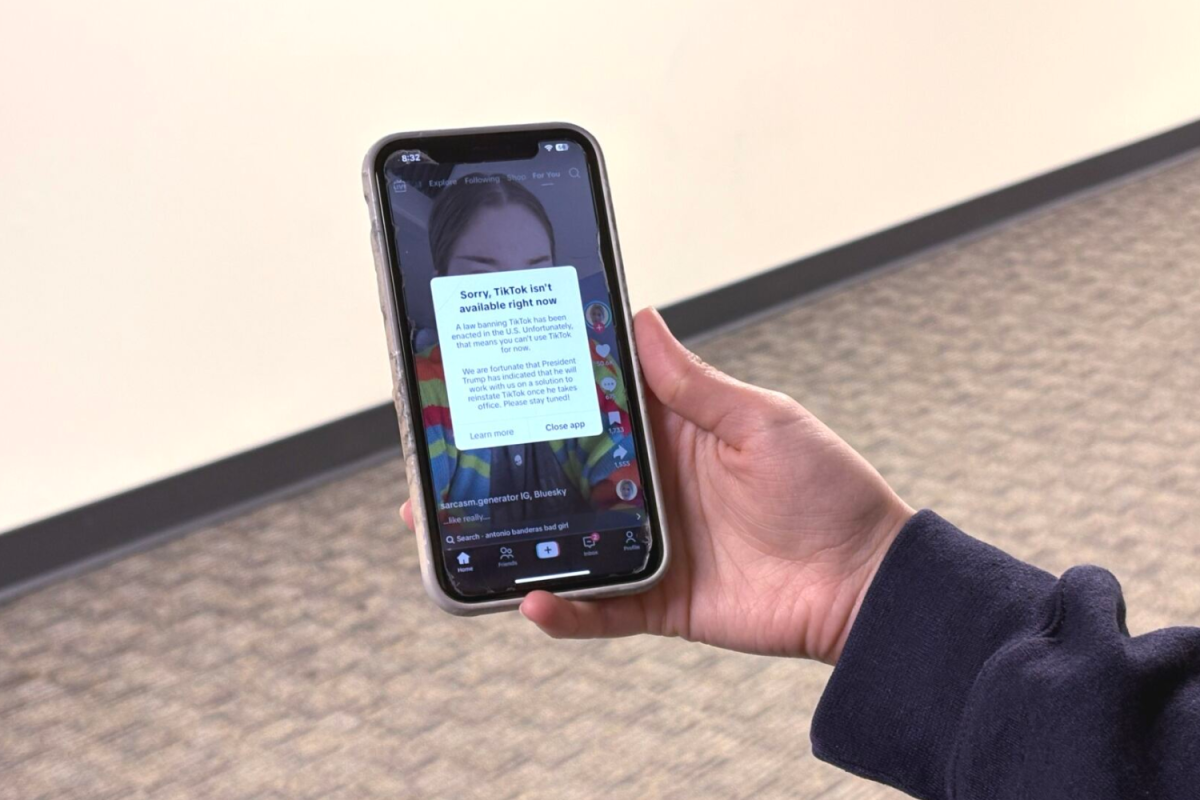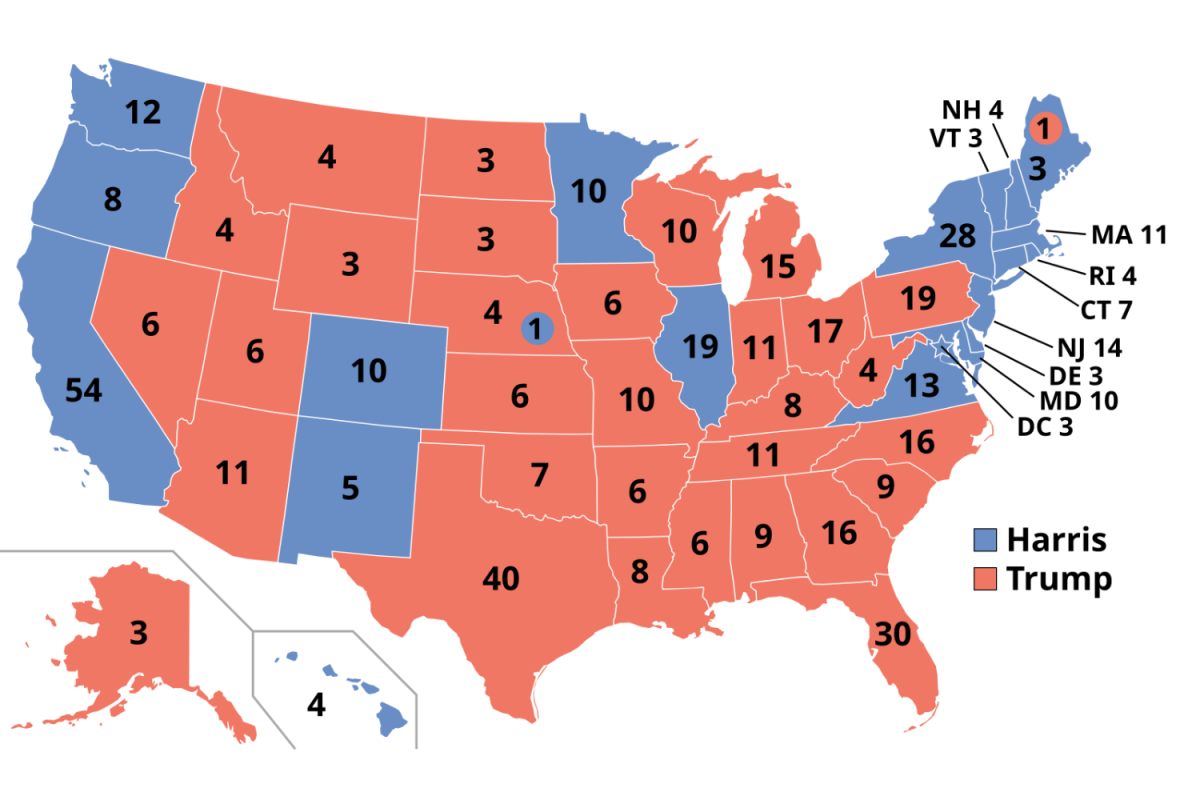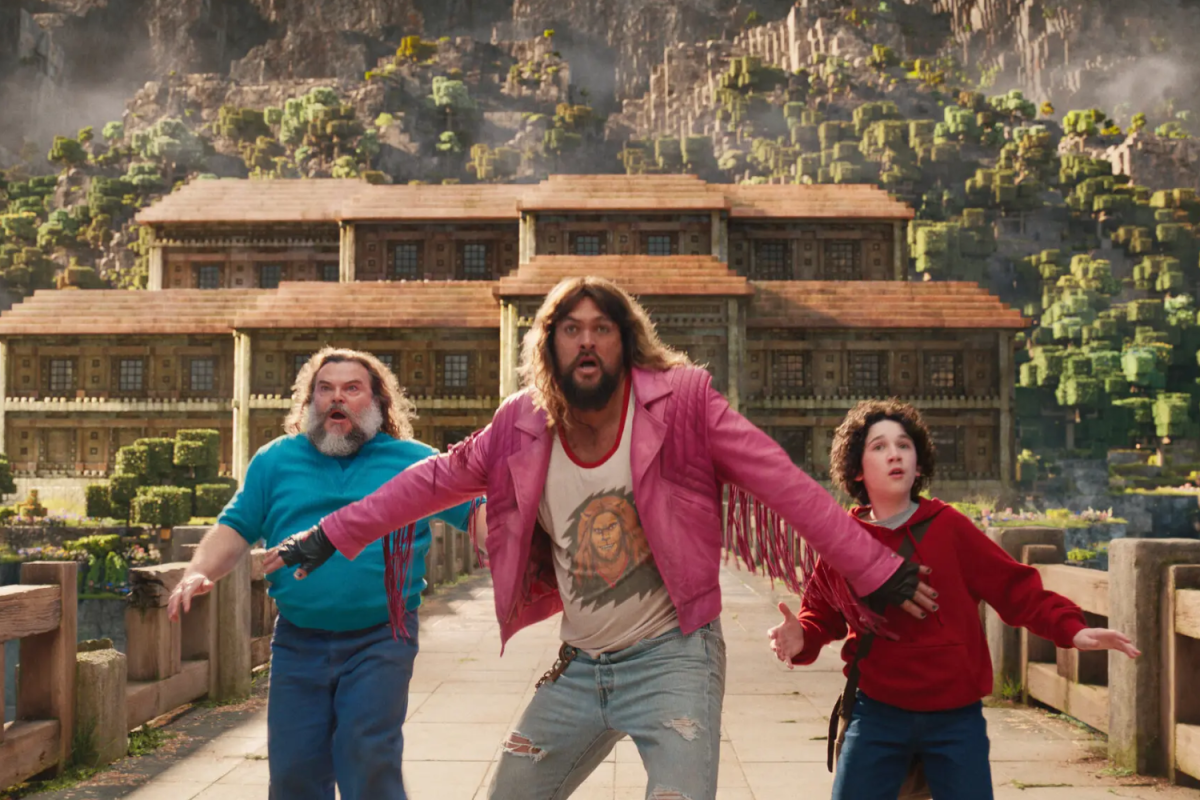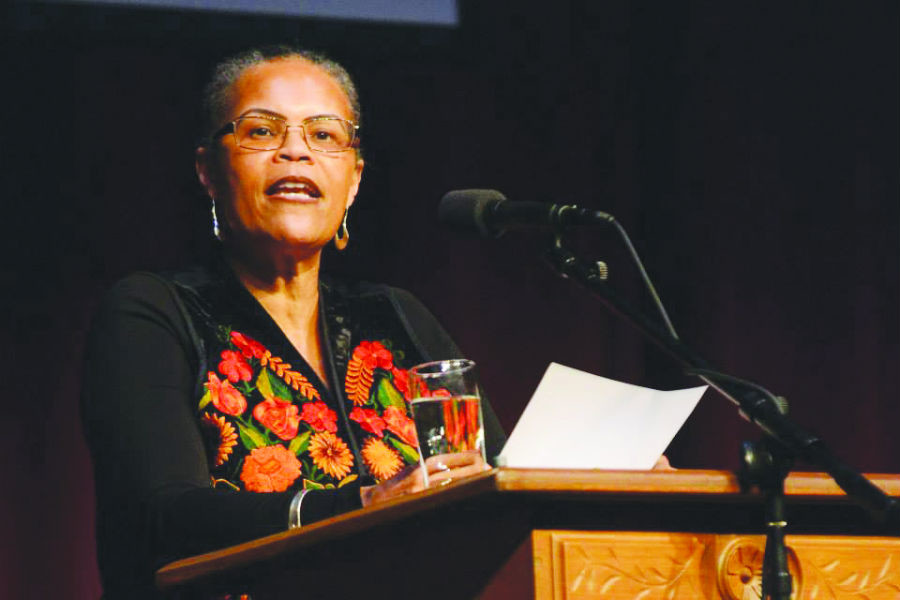EQLS Speaker Tackles Perseverance in the Projects
January 30, 2015
As the third part of the Essential Questions Lecture Series and week-long Martin Luther King Jr. celebration, Charlise Lyles spoke to Baldwin Wallace faculty and students, as well as members of the Berea community, Thurday January 22 in the Kleist Center for Art and Drama. She spoke about her experiences in one of the poorest neighborhoods in America and how they motivated her effort to progress through life.
The Cleveland native graduated from Smith College in 1981 and has worked as a reporter for various news agencies, including: the New York Times, Virginian-Pilot, Ledger-Star, and Dayton Daily News.
Lyles has also been the recipient of various prestigious awards and, as representative of the cause she focused on in her presentation, is the author of Do I Dare Disturb the Universe? From the Projects to Prep School.
Lyles began her discussion with a reflection of the day that Martin Luther King Jr. was assasinated. Lyles, like so many other children, she said, watched the news coverage of the event, but was completely unaware of the significance of what was occurring. “We lost our innocence that night,” Lyles said.
Lyles explained that she grew up in a neighborhood commonly considered ‘The Projects,’ which she described as “concrete catacombs designed to warehouse the poor.” Lyles grew up in one of many varieties of the Projects around the country, specifically The King Kennedy Estates—a low-income high-rise apartment complex located near E. 55th St. in Cleveland, Ohio.
Connecting her experiences in the Projects to the first of three enduring questions, “How do humans relate to each other?”, Lyles explained that, at first, those in the projects related to each other with pride; the projects were viewed as a “stepping stone to a blue collar world.”
However, as industrial jobs and the major civil rights advocates began to fade, Lyles de-scribed the “constant state of fear” that became the predominant interaction between individuals in the Projects. In discussing how humans relate to the natural world, Lyles conjectured that those in the projects related to the natural world by fighting back.
Finally, answering the question of what it meant to be human in the Projects, Lyles stated that living with that constant state of fear was part of the experience that triggered the abilities of resilience and perseverance. “I made my face immovable… and I felt nothing” Lyles said.
Addressing tips to remedy the situations found in the Projects, Lyles emphasized the importance of capitalizing on classroom resilience, the belief in possibilities, preparation for stressors, and the constant search for mentors—for those who wish to help the individuals in the projects.
To those who currently reside in places considered the Projects, Lyles encouraged active voting and political participation, “lower the decibel level in homes,” speaking out against assault, sexualization, and redirecting focus on inner beauty and character skills.
Lyles concluded her presentation with a reading of Martin Luther King Jr.’s “Letter from Birmingham Jail” and by explaining that there must be an “inner, human revolution” if we wish to see a change.

